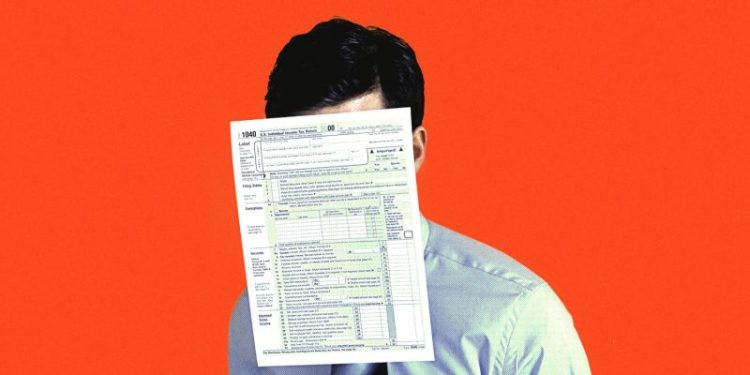Higher Tax Filing Costs Could Take a Bite out of Your Refund
Tax season can be a stressful time for many individuals and families. From gathering documents and filling out forms to ensuring accuracy and maximizing refunds, the process can feel overwhelming. On top of this already challenging situation, recent trends indicate that tax filing costs are on the rise, potentially leading to a reduction in your hard-earned refund. This article explores the factors contributing to these rising costs and offers insights on how taxpayers can navigate this financial challenge.
One key reason behind the increasing tax filing costs is the complexity of the tax code itself. As legislation changes and new regulations are implemented, tax forms become more intricate, leading to additional time and effort required to complete them accurately. Taxpayers often find themselves in need of professional assistance, whether from certified public accountants (CPAs) or tax preparation companies. Unfortunately, these services come at a cost, often eating into the refund individuals and families are depending on.
Additionally, technological advancements have transformed the way taxes are filed. While the introduction of online platforms and software has made the process more convenient, it has also introduced a new layer of cost. Many of these tools offer free services for simple tax returns but charge higher fees for more complex situations. Taxpayers with multiple sources of income, investment portfolios, or other intricate financial situations are often compelled to pay more for the software or upgrade to premium versions, impacting the potential refund.
Another factor to consider is the increased importance of cybersecurity and data protection in the digital age. With the rise in cyber threats and identity theft, tax preparation professionals and software providers have invested significantly in robust security infrastructure. These security measures, while essential, also drive up costs, resulting in higher fees for taxpayers.
To effectively deal with the rising tax filing costs and minimize their impact on your refund, it’s crucial to adopt a proactive approach. Here are some strategies to consider:
1. Educate yourself: Take the time to familiarize yourself with changes to the tax code and any deductions or credits that might be applicable to your situation. By understanding the tax laws, you can ensure that you claim all eligible deductions and make the most of your refund without relying solely on professional assistance.
2. Research filing options: Explore different tax filing options available to you. Compare the costs and benefits of using tax preparation software, hiring a professional, or tackling the process yourself. Consider your financial situation, the complexity of your tax return, and the potential savings or refund increase achieved by each option.
3. Utilize free resources: Several organizations offer free tax assistance services, such as Volunteer Income Tax Assistance (VITA) and Tax Counseling for the Elderly (TCE) programs. These programs are geared towards individuals and families with low-to-moderate incomes and can provide guidance and support in filing taxes at no cost.
4. Plan and save: Knowing that tax filing costs may cut into your refund, it’s essential to budget accordingly. If possible, set aside some money specifically for tax preparation expenses. By planning ahead, you can minimize the financial impact of these costs and ensure that you still have a substantial refund to look forward to.
In conclusion, the increasing tax filing costs pose a significant challenge, potentially reducing the size of your tax refund. Understanding the factors contributing to these rising expenses and taking proactive measures can help mitigate their impact. By educating yourself, exploring various filing options, utilizing free resources, and planning ahead, you can navigate tax season with minimal financial strain and still reap the benefits of a healthy refund. Remember, while taxes may be inevitable, the excessive costs associated with them don’t have to be!

















